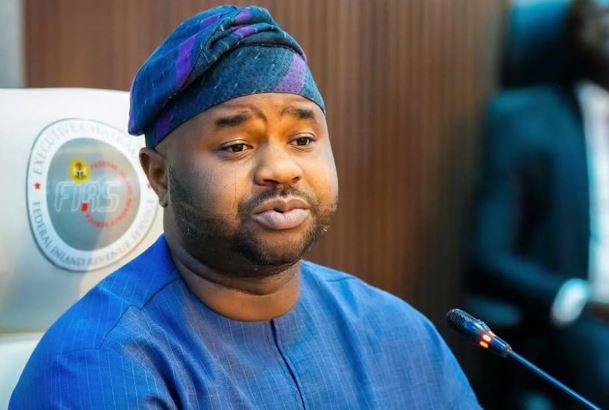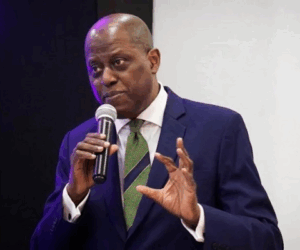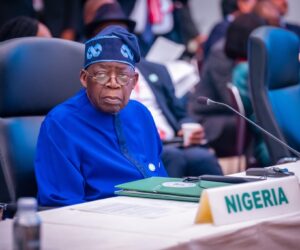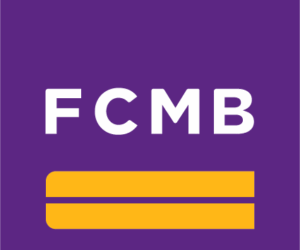2
The Executive Chairman of the Federal Inland Revenue Service (FIRS), Dr. Zacch Adedeji, has stated that President Bola Tinubu’s bold tax reform initiatives are central to Nigeria’s strategy for economic resilience.
Adedeji, made the disclosure during the maiden Distinguished Lecture Series at the University of Ilesa, Osun State.
The FIRS boss while addressing academics, policymakers, students, and industry leaders at the event hosted by Professor Taiwo Olufemi Asaolu, the Vice Chancellor, framed Nigeria’s revenue challenges not as a crisis, but as an opportunity to implement urgent reforms under the leadership of President Tinubu.
In his lecture, titled Economic Resilience in an Era of Dwindling Revenue, he highlighted the global pressures on public finances, including digital disruption, rising debt, climate challenges, and overlapping economic shocks.
He argued that Nigeria’s path forward must combine stronger institutions, diversified revenue streams, and a modernised tax framework.
Adedeji outlined four pillars for building a resilient economy: fiscal flexibility, policy coherence, institutional strength, and human capital adaptability.
He emphasised that growing non-oil revenue, deepening tax reforms, and strategic investment in skills development are crucial to keeping pace with global economic trends.
He provided insight into President Tinubu’s renewed hope agenda in the area of the ongoing FIRS reforms, including automation of tax processes, expansion of TaxPro Max, improved taxpayer identification, and partner reduce fragmentation.
According to him, these measures are designed to enhance efficiency, transparency, and compliance.
Adedeji also urged Nigerian universities to engage actively in the country’s national economic strategy, advocating for collaboration with the government to develop evidence-based models for digital taxation, revenue mobilisation, and economic diversification.
He described higher institutions as potential engines of innovation capable of supporting policy development and national competitiveness.








